-
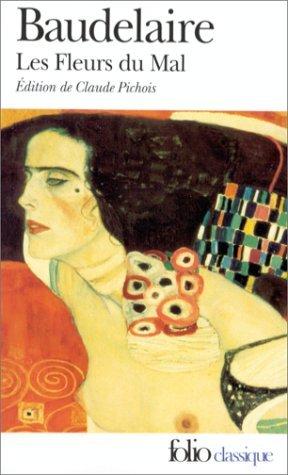
Les Fleurs du Mal
-
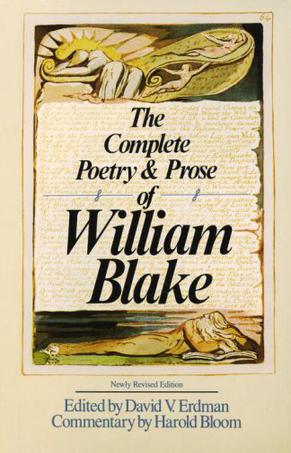
The Complete Poetry & Prose of William Blake
Since its first publication in 1965, this editionhas been widely hailed as the best available textof Blake's poetry and prose. Now revised, ifincludes up-to-date work on variants, chronology ofpoems and critical commentary by Harold Bloom. An"Approved Edition" of the Center for ScholarlyEditions of the Modern Language Association. -
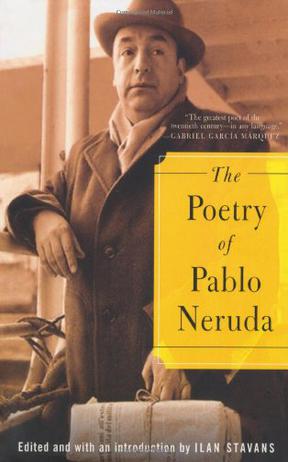
The Poetry of Pablo Neruda
The most comprehensive English-language collection of work ever by "the greatest poet of the twentieth century--in any language" (Gabriel Garcia Marquez) "In his work a continent awakens to consciousness." So wrote the Swedish Academy in awarding the Nobel Prize to Pablo Neruda, the author of more than thirty-five books of poetry and one of Latin America's most revered writers, lionized during his lifetime as "the people's poet." This selection of Neruda's poetry, the most comprehensive single volume available in English, presents nearly six hundred poems, scores of them in new and sometimes multiple translations, and many accompanied by the Spanish original. In his introduction, Ilan Stavans situates Neruda in his native milieu as well as in a contemporary English-language one, and a group of new translations by leading poets testifies to Neruda's enduring, vibrant legacy among English-speaking writers and readers today. -
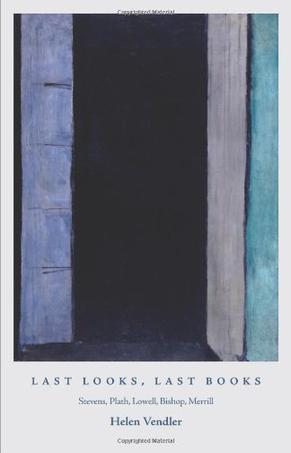
Last Looks, Last Books
In "Last Looks, Last Books", the eminent critic Helen Vendler examines the ways in which five great modern American poets, writing their final books, try to find a style that does justice to life and death alike. With traditional religious consolations no longer available to them, these poets must invent new ways to express the crisis of death, as well as the paradoxical coexistence of a declining body and an undiminished consciousness. In "The Rock", Wallace Stevens writes simultaneous narratives of winter and spring; in "Ariel", Sylvia Plath sustains melodrama in cool formality; and in "Day by Day", Robert Lowell subtracts from plenitude. In "Geography III", Elizabeth Bishop is both caught and freed, while James Merrill, in "A Scattering of Salts", creates a series of self-portraits as he dies, representing himself by such things as a Christmas tree, human tissue on a laboratory slide, and the evening/morning star. The solution for one poet will not serve for another; each must invent a bridge from an old style to a new one. Casting a last look at life as they contemplate death, these modern writers enrich the resources of lyric poetry. -
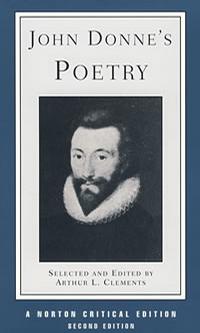
John Donne's Poetry
-
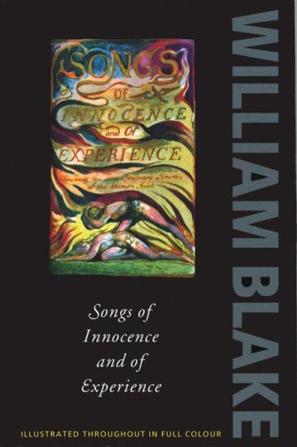
Songs of Innocence and Experience
Blake was one of the finest craftsmen of his time, an artist for whom art and poetry were inextricably linked. He was an indepedent and rebellious thinker, who abhorred pretention and falsity in others. His Songs of Innocence are products of this innocent imagination untainted by worldliness, while the Songs of Experience resulted from his feelings of indignation and pity for the sufferings of mankind. The Songs of Innocence and Expereince, containing some of Blake's finest and best-loved poems, are presented here in the form which best satisfied the high expectations of his poetic and artistic aspirations. The fifty-four plates which Blake originallly etched and coloured by hand are faithfully reproduced with the same delicacy and dimensions as the artist created them.